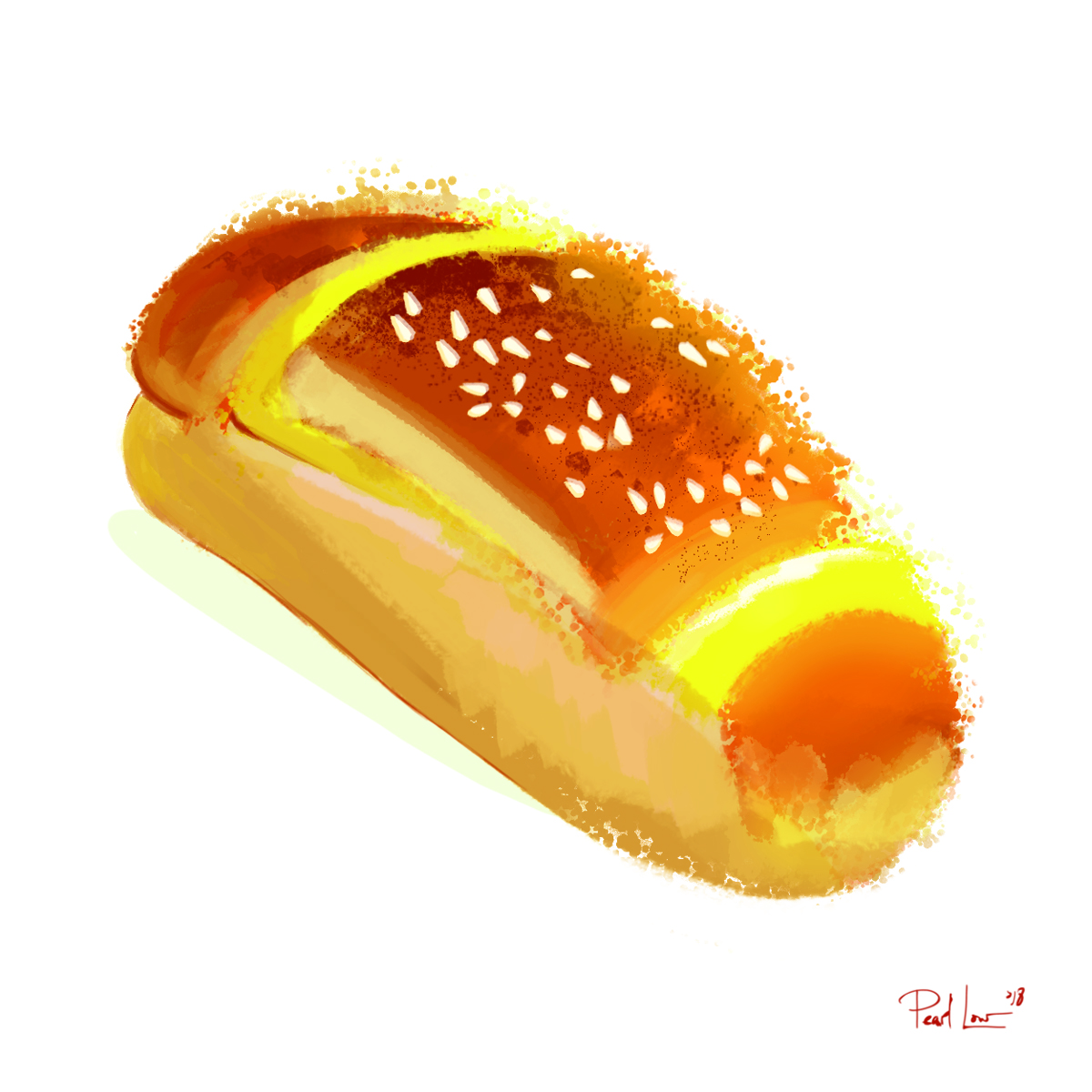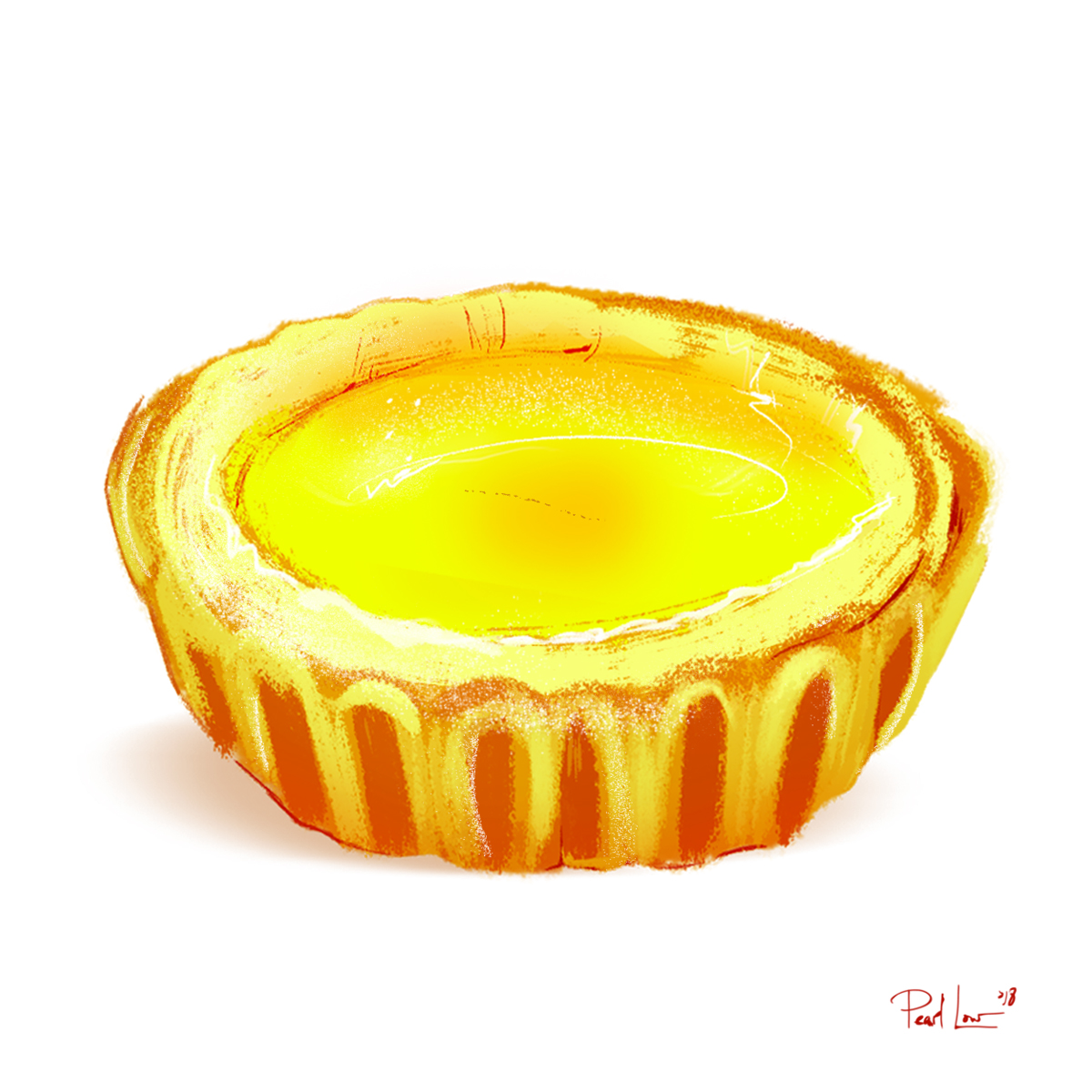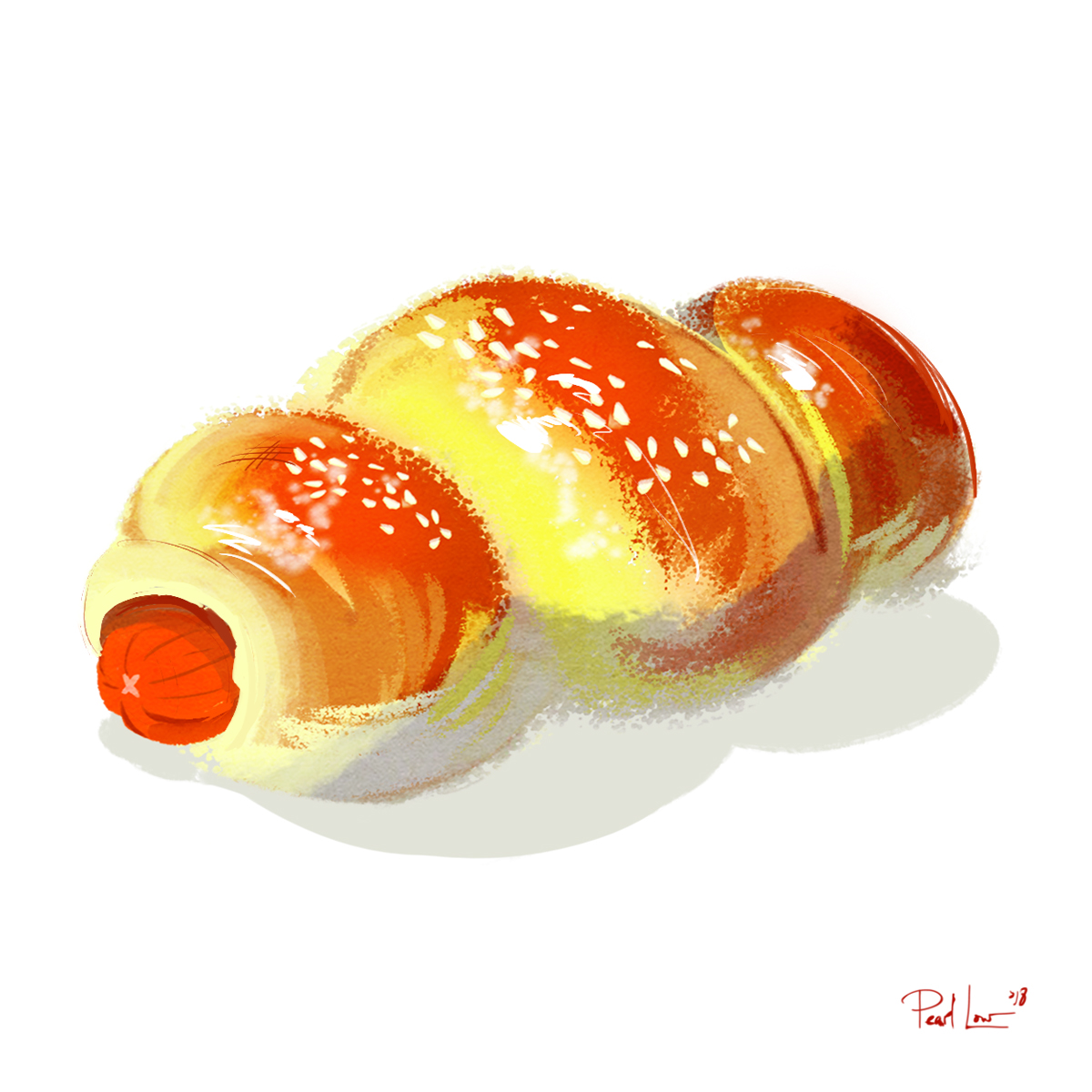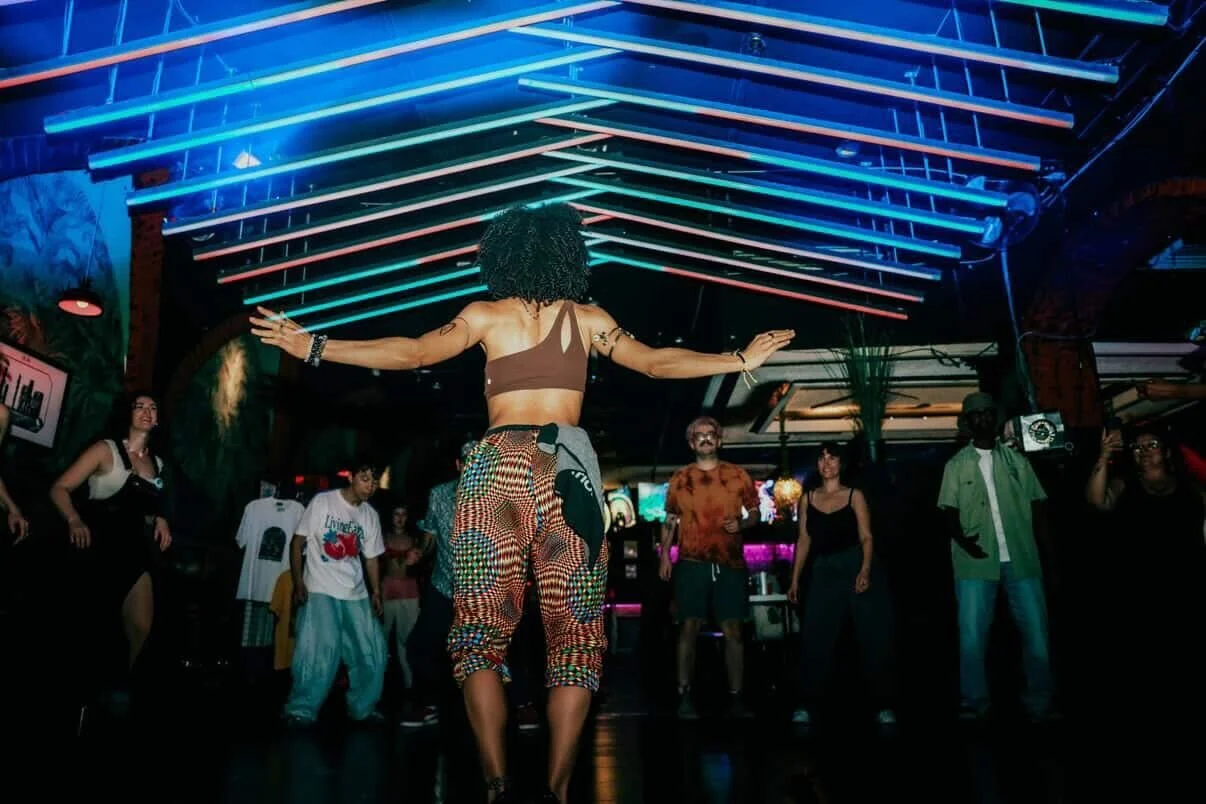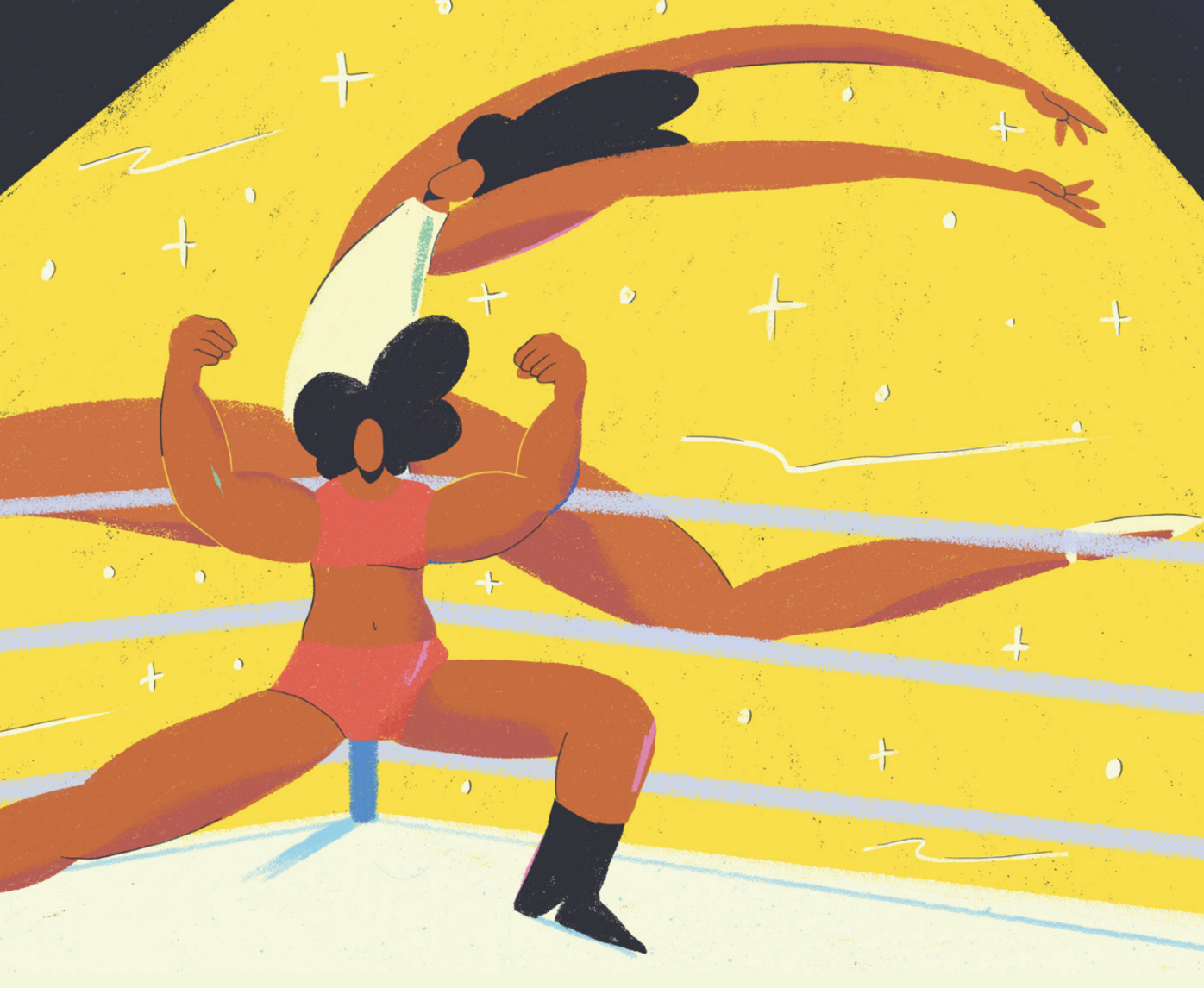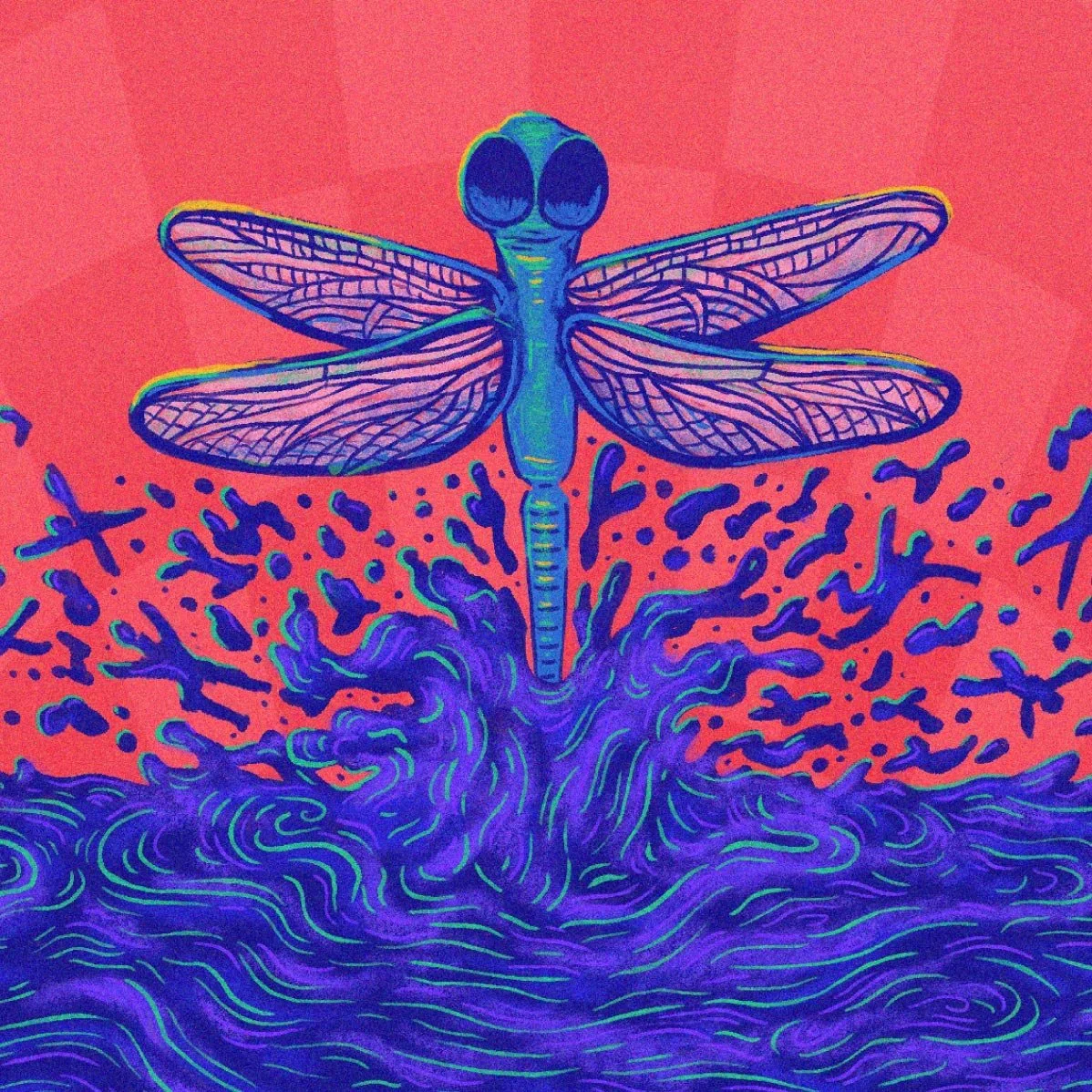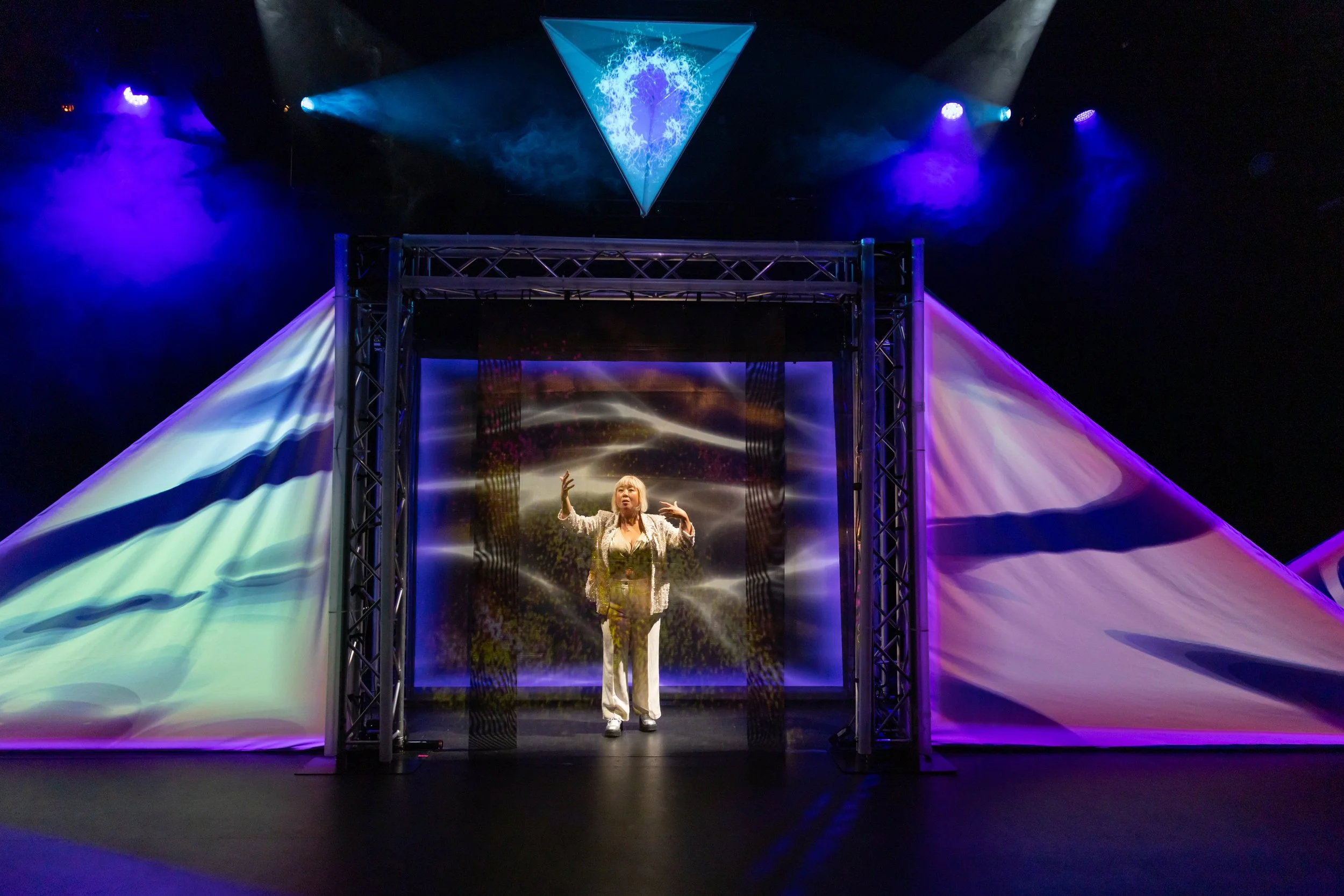The State of Millennial Art: Pearl Low
/Pearl Low. Photo by Michel Kamanzi (@instadoode)
Pearl Low – remember that name. The 24-year-old, Vancouver-born artist is known within the city’s creative landscape for her strong, up-and-coming hand in the animation scene. “This is what bothers me about Vancouver,” she starts to say over a cup of steaming hot blue tea at King’s Café in the East End. “Montreal has an identity, Toronto has an identity, but what’s Vancouver’s identity? When you think of Vancouver art, it’s not solid. But millennials are starting to promote their voices, so I think that’s changing.” For Low, the point of art is to be accessible. In 2018, she took part in #BlackArtGastown, an exhibition curated by Black artists and presented in the storefront gallery of The Cheeky Proletariat in Gastown. Her installation, based on her comic, Tension, was spotted by Melanie Green, a local reporter for StarMetro Vancouver. Green reached out to Low asking for an interview and the story landed on the front-page with the words, “The lengths we go to belong; Afro-Chinese artist Pearl Low detangles identity through hair,” printed on the cover. Pouring herself another cup of tea, Low says , “It’s interesting to see how people move through the world. As an illustrator, you need a reference when you’re trying to make a character come to fruition. The more experiences a person has, the bigger their toolbox is to create.”
SA: At what age did you realize that you wanted to dedicate your career to the arts?
PL: When I was 5 years old, I would watch a lot of Japanese cartoons and movies and I remember them being really beautifully done, the story lines were always so nostalgic, and they made me feel inspired to make something. I got this urge of wanting to give someone else that same feeling those films gave me, but it wasn’t until around tenth grade that I started to take it seriously.
Kim’s Convenience Poster, S3 E8. Pearl Low.
SA: What does your art aim to say?
PL: I want people to look at my art and find strength in themselves or see themselves reflected back at them. I want people to feel something that resonates with them. I always try to incorporate messages in my art about self-love, confidence, being gentle with yourself, compassion.
SA: How do you seek out opportunities as a young artist?
PL: I throw myself at people and see what sticks. Not everyone will say yes and that’s okay, but I’ll submit my portfolio to different places, like events or conventions, or stores that might want to carry my work. A lot of places have been supportive, but it’s a tedious process. I came out with a comic called Tension, and it’s about curly hair insecurity, so I reached out to hair salons. You have to get creative with who you contact. There’s definitely an anxiety attached to the word ‘no’, but it doesn’t mean you’re on the wrong path, it’s just there to redirect you to someone who will say yes.
SA: How do you meet and connect with new people in Vancouver?
PL: Introductions. Lately, I’ve been surrounding myself with people who advocate for their friends, which means I’m more inclined to do that for other people. Vancouver is a culture of not wanting to show up or support, it lacks intimacy. Meeting new people requires a leap of faith, and being like, ‘Hey, I like this thing… do you like this thing? Let’s connect.’ Vancouver is definitely a cold and cliquey city—people don’t want to let others in. Folks here feel a vibe that nothing is permanent and ‘not worth investing in you’. There needs to be a stronger want to jump into that leap of faith and be okay with that.
Page from Tension, Pearl Low.
SA: How has your practice changed over the last few years?
PL: I think I’ve been more honest. Before, I used to be afraid of making mistakes or exploring myself, and that was reflected in my art, but now I’ve come to a place spiritually...I’ve grown into being comfortable with my voice and what I want to say, so I’m able to communicate that through my work.
SA: Why art?
PL: Because I need it. Whenever I think about why I’m an artist, it’s because it saves me. I would not be the type of person that I am today without it. We live in a society that doesn’t protect art or even really advocate it, so, when people tell me no, I want to do it even more.
SA: Are you familiar with the resources available to young artists in Vancouver?
PL: I was recently introduced to grant writing. I know there are things on Vancouver’s municipal website—sections where you can get housing funding for artists that need a studio space. I know some banks that do artist grants like RBC and Vancity. You can find some really valuable things online. It’s like applying for scholarships so it’s not really fun, but important.
SA: What are you inspired by?
PL: Everyday life and things that wouldn’t typically get a lot of attention—this is what people can connect with, not super exaggerated situations. A lot of people find glittery and sparkly stuff really exciting, and it is, but slowing down and taking time to see things for how they are, it might surprise you to see it as interesting. It’s important to slow down, millennials have shorter patience. I feel like what we find beautiful is geared towards what is fast paced, but I’m trying to find beauty in what is ordinary.
SA: How do you counteract loneliness as an artist?
PL: I used to feel lonelier a few years ago because I didn’t surround myself with people who understood me. Self-doubt made me feel lonely and unsupported. And Vancouver is already isolating, especially when you’re in a niche field and are a marginalized person. The key is to surround yourself with positive things, and it needs to come from within. Exterior things come and go. I get inspiration from art shows, music, podcasts, meeting new people. When exterior validation comes, that’s just a bonus.
SA: Do you have advice for millennial artists who are trying to make a name for themselves in Vancouver’s creative industries?
PL: Network as much as you can. Be prepared and adopt an entrepreneurial mentality. If people ask what you do, have a business card ready, and don’t be afraid to pick people’s brains. If an experienced person sees ambition in you, they’ll be more inclined to potentially mentor you. If you want to make a name for yourself, integrity and enthusiasm gets you a long way, especially in the animation industry because it’s a small industry, so people talk about who you are as a person, which is why it’s important to show people who you truly are.
Visit www.pearllow.com (https://www.pearllow.com/) to learn more about Low and shop her original pieces.




